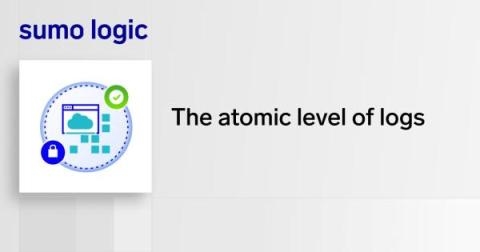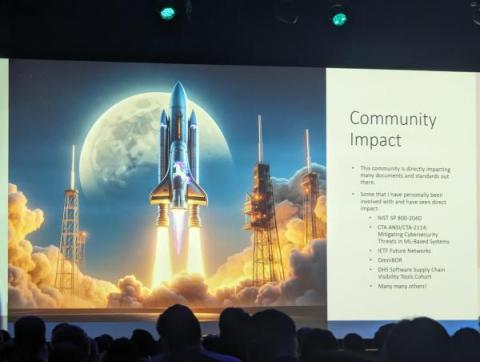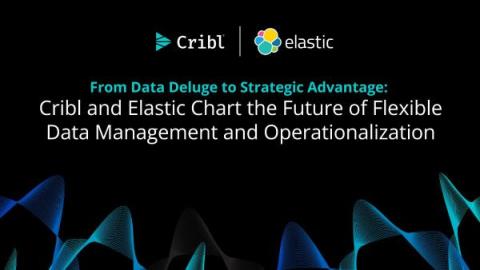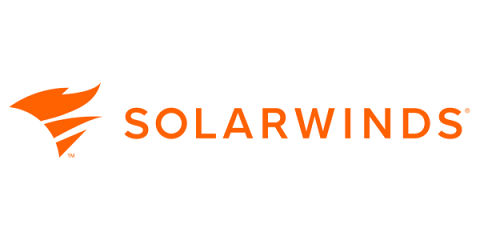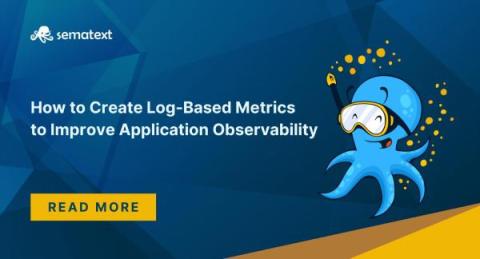Operations | Monitoring | ITSM | DevOps | Cloud
Latest News
Live Render Log Monitoring with Papertrail
Modeling and Unifying DevOps Data Part 3: Pipelines
My First Kubecon - Tales of the K8's community, DE&I, sustainability, and OTel
I went to my first Kubecon ever this last week. If you’re not familiar with Kubecon, it is a convention that is around Kubernetes, a Cloud Native Community Foundation (CNCF) open source project. With this being my first Kubecon ever, it was an adventure all around building community, education, kindness, and of course, a love for Kubernetes technology.
From Data Deluge to Strategic Advantage: Cribl and Elastic Chart the Future of Flexible Data Management and Operationalization
In an era where industry standards are as dynamic as the data they govern, Cribl’s core value of putting ‘Customers First, Always’ drives us to stay ahead of the curve. It’s with immense pride and excitement that we announce our strategic partnership with Elastic. This alliance isn’t just a meeting of minds; it’s a bold stride towards a future where flexibility in data management isn’t just a luxury – it’s the standard.
Managing Cisco Switch Logs with Kiwi Syslog Server
Happy 1st Birthday Cribl Search!
Wow, can you believe it’s been a year since we announced Cribl Search and redefined the search process for observability and security data? Even though the product is just wrapping up its first year, Cribl Search has achieved unrivaled growth in both user adoption and expansion of product capabilities. Why?
Evolution of Workplace Search: Search your private data with Elasticsearch
Workplace Search functionality will merge with Elastic Search in the future. Here’s what you need to know. Recent advancements in generative AI technologies have opened up a wave of possibilities with search. As developers build new experiences, users are adopting new ways of using search — from search queries written in natural language, to searching by uploading images or voice samples.
How To Investigate a Reported Problem
How to Create Log-Based Metrics to Improve Application Observability
As a Site Reliability Engineer (SRE) or DevOps professional, you are well aware of the importance of observability in ensuring the smooth functioning and performance of your applications. Observing and monitoring your applications can help you identify and resolve issues in real-time, resulting in increased reliability and improved user experience. Logs play a crucial role in this process as they provide detailed information about the activity and behavior of your applications.


